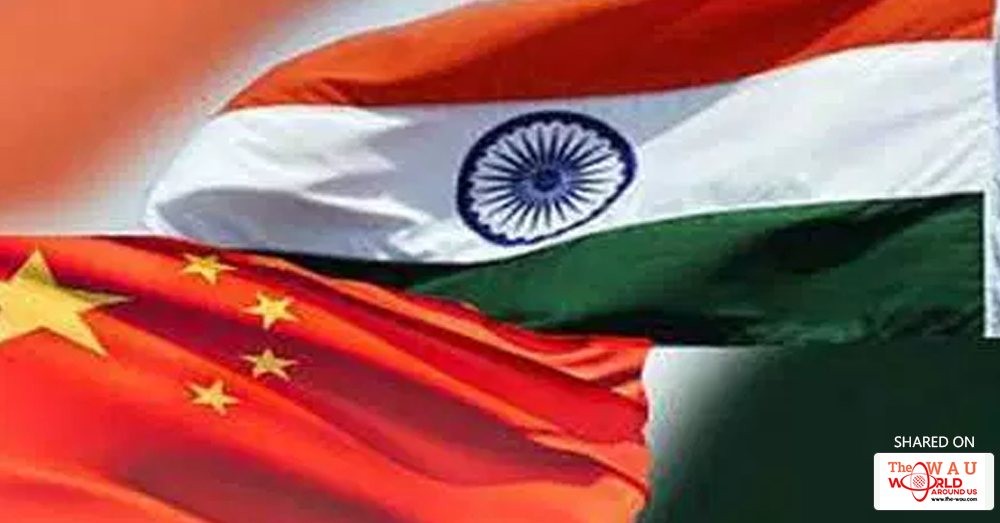Amid the Doklam row and calls for banning cheap Chinese goods, the Centre is working towards tightening norms against cheap imports to protect domestic manufacturers.
Top sources in the government said data and inputs were being collected from different ministries that have seen a significant surge in imports from China.
“The government is looking at ways to protect Indian manufacturers by introducing non-tariff barriers against imports,” said a government official. Several government functionaries that HT spoke to indicated that there were three provisions that were being considered: Strict product standard norms for imports, new criterion for participating in tenders by public sector undertakings (PSU) and anti-dumping duty.
“The matter is with the ministry of commerce and department of industrial policy and promotion,” said a government official. If the proposals are accepted, then Chinese imports will have to pass product standard norms and certification in India.
Under the new rules, questions about raw material sourcing and technology used will be asked, said the official.
Foreign firms looking to participate in global tenders floated by PSUs will have to ensure that they have local manufacturing units with a presence in India for over 10 years and with Indians at the top management.
“These local manufacturing units could be for spare parts of the actual product being imported and these companies will also have to show that they have created jobs for Indians,” said another official. The new rules cannot be challenged under WTO norms as they will be implemented by PSUs and not by the Indian government directly.
An anti-dumping duty on modules for solar power plants is also being considered, the source cited above added.
“Most of the European companies that export to India have been here for decades so will not be impacted very adversely by these norms.”
Recent industry data shows that Chinese imports are highest in electronic items and renewable power sector. Organic chemicals and plastics are also high on list of items imported from China.
As the world’s second-largest mobile phone market, India has been a happy hunting ground for Chinese companies that have seen an engagement of close to $22 billion for China, shows a CII study. Chinese companies have also taken advantage of India’s renewable power requirement, with 90% of solar modules being imported from them.
Share This Post















